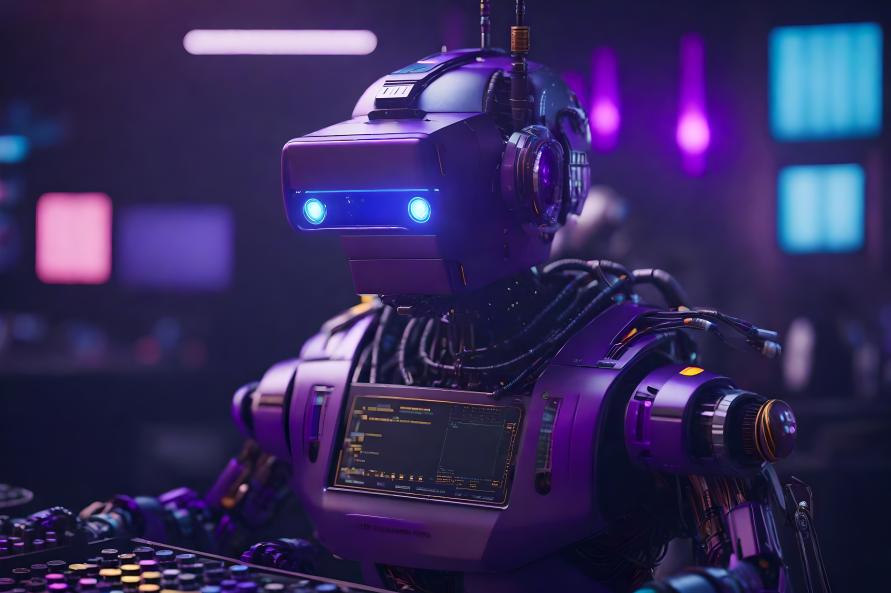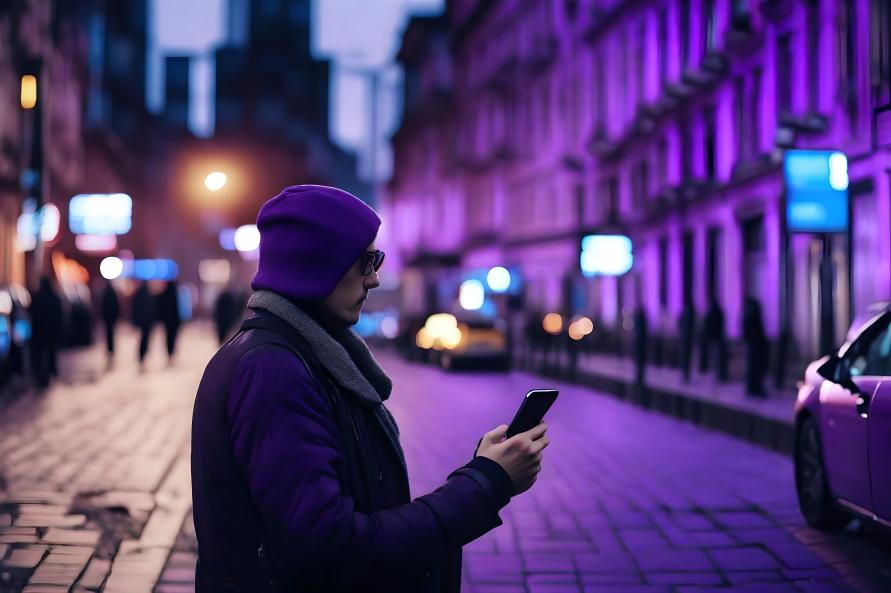El Lado Oscuro de la IA: Dependencia Excesiva y Vulnerabilidades

April 3, 2023
- IA & Seguridad
- Herramientas y tecnología
Estamos en una era dorada de avances tecnológicos. Herramientas basadas en inteligencia artificial como ChatGPT y GitHub Copilot se están convirtiendo en una parte integral de nuestro panorama digital. De hecho, una encuesta reciente de GitHub reveló que el 92% de los desarrolladores en EE. UU. ya están utilizando herramientas de codificación basadas en IA tanto dentro como fuera del trabajo. Pero, ¿es siempre la IA la mejor opción?
El Encanto y el Desafío del Contenido Generado por IA
Todos hemos quedado impresionados con los sofisticados resultados de herramientas como ChatGPT. Sin embargo, es importante recordar que, aunque estas herramientas son avanzadas, también tienen varias limitaciones.
Considera estas herramientas de IA como bibliotecas de código: ofrecen soluciones robustas la mayor parte del tiempo, pero de vez en cuando pueden contener vulnerabilidades o requerir optimizaciones específicas para ciertos proyectos.
Equilibrando las Capacidades de la IA y la Seguridad Web
Con el auge de las herramientas de codificación impulsadas por IA, que mejoran la productividad y eficiencia de los desarrolladores, surge una preocupación clave: ¿Qué tan seguro es el contenido generado por IA?
Un estudio de Stanford encontró que los ingenieros de software que usaban sistemas de generación de código impulsados por IA, específicamente Codex (que impulsa GitHub Copilot), eran más propensos a introducir vulnerabilidades de seguridad en sus aplicaciones.
Está claro que el desafío no solo radica en la eficiencia, sino en asegurarse de que las recomendaciones y los resultados de la IA se alineen con las mejores prácticas de seguridad para aplicaciones web y móviles.
El Inimitable Elemento Humano
A pesar de todas sus capacidades, las herramientas de IA como ChatGPT y Copilot no pueden reemplazar la comprensión matizada y el discernimiento ético que aporta la supervisión humana.
Nuestra capacidad para identificar indicaciones engañosas, corregir posibles sesgos y evaluar críticamente la seguridad de fragmentos de código es fundamental para garantizar un uso responsable y confiable de estas herramientas.
Conclusión
Aunque herramientas como ChatGPT y Copilot están revolucionando nuestros procesos de trabajo, también presentan sus propios desafíos. A medida que dependemos cada vez más de ellas, es crucial que las utilicemos de manera responsable, complementando siempre su eficiencia con nuestra supervisión humana.


